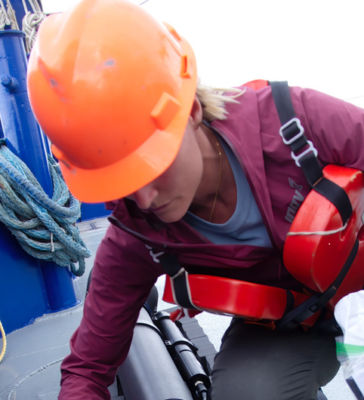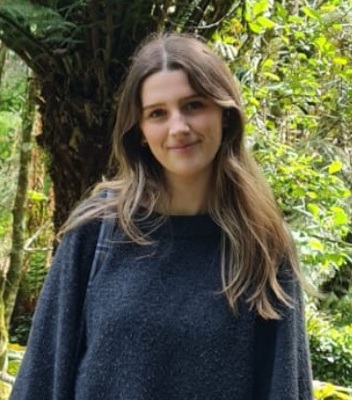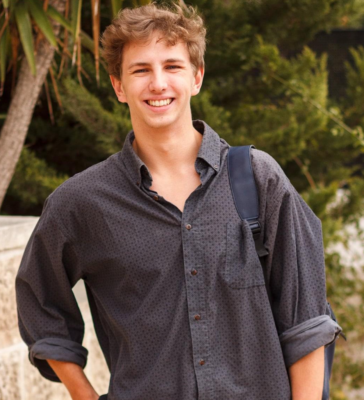
Jennifer McWhorter
Current Employer/Organisation Name
National Oceanic and Atmospheric Administration (NOAA) Atlantic Oceanographic and Meteorological Laboratory
Can you give us an overview of what you have done since you completed your research degree?
I have been working on finishing up papers from my PhD while working for NOAA’s AOML on the Biogeochemical Argo float array. These floats provide data in near-real time on water column properties (0-2000m). I utilize these data in the Gulf of Mexico for research pertaining to biophsyical interactions.
How did you become interested in the area you work in?
Marine climate science became my passion when visiting the Great Barrier Reef when I was 10 years old.
How did you find opportunities in the area you work in and how did the recruitment process work?
I have a strong network of friends and colleagues that help me find opportunities through introductions within their network.
What does your current role involve?
My current role involves research in the Gulf of Mexico using the Biogeochemical Argo array to study various water column characteristics, temperature, salinity, oxygen, nitrate, chlorophyll, backscatter, and pH.
What skills are involved in your work and how did your research degree help develop them?
Reading, writing, and coding were all transferable skills from my PhD into my current role. My PhD also involved a lot of climate modeling which is good context for looking at long-term observational trends.
What do you enjoy most about your role?
I enjoy being in the field deploying and recovering floats. Ship time is always special and is a privilege to be a part of!
Why are the challenges in your role?
We have a sparse dataset so producing high quality research presents some challenges.
What has surprised you about your role?
I am lucky to have a lot of latitude in terms of my research directions which allows me to lead and navigate various new topics and challenges.
Did you engage in any additional activities or roles (i.e. organising conferences, entering PGR showcase, being a PGR Rep etc.) during your research degree, and how did these help prepare you for a career beyond academia?
Conferences were limited during COVID but everytime I had the opportunity to attend a conference or give a talk, it was extremely beneficial and led to a lot of great relationships. Relationships truly help build success, no argument there!
What skills and experiences have been most useful for your career?
Programming and writing are extremely useful skills. Also, my ability to communicate and connect with others has been extremely useful.
What advice would you give to a current student who wishes to pursue your career?
I would tell a current student to not be afraid to approach new challenges, don’t get discouraged, just work hard and you may surprise yourself.
What are your plans for the future?
My future plans are still written in pencil! Ultimately, I would enjoy working more collaboratively while continuing to do research focused on marine science climate solutions. I enjoy traveling and being outdoors with family and friends, so my future plans also involve having balance in my life.

